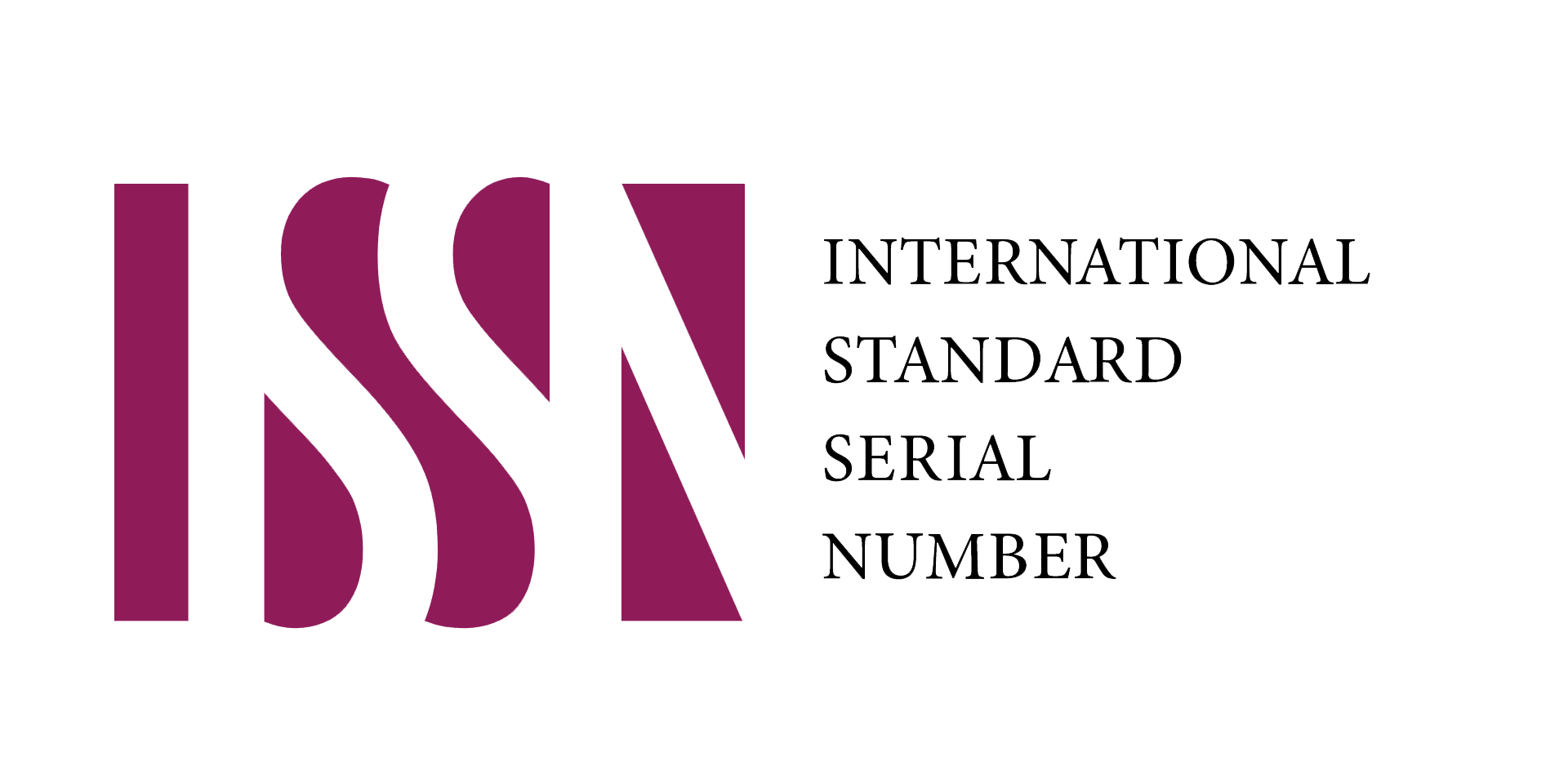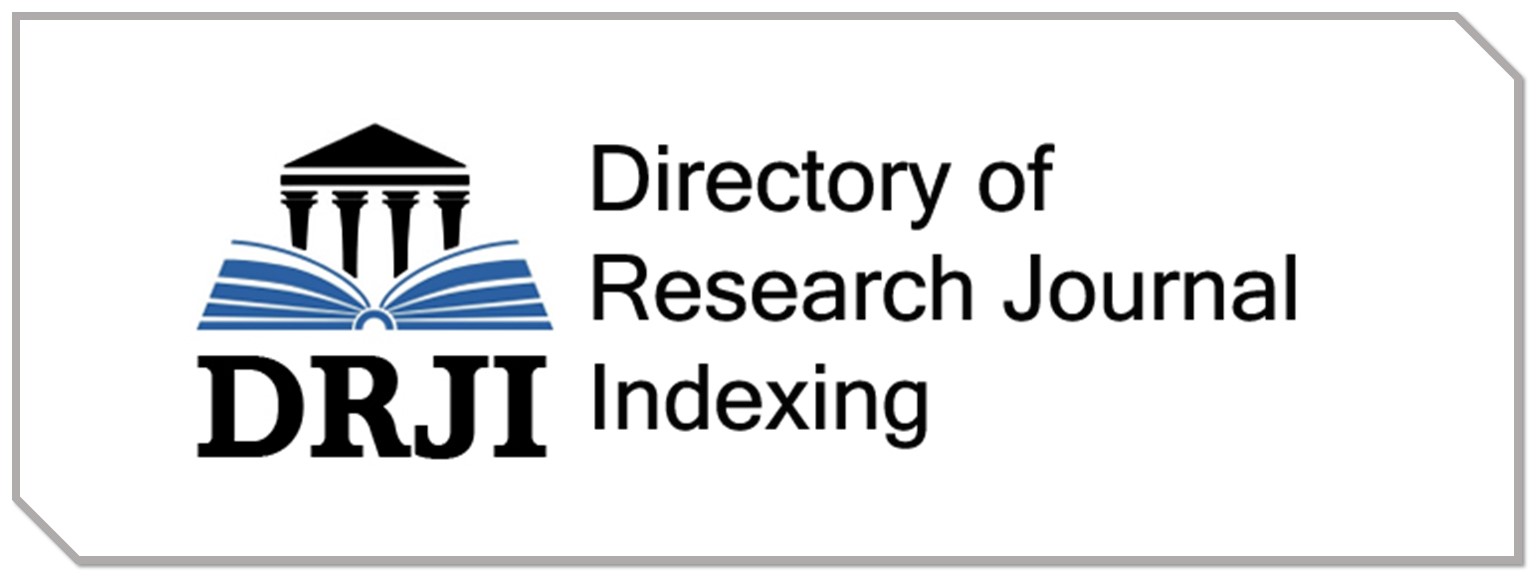Humor and Irony in English Phraseological Units: A Discourse-Pragmatic Analysis
Keywords:
Phraseological units, idioms, proverbsAbstract
Phraseological units (PUs), including idioms, proverbs, and collocations, represent a cornerstone of English discourse, frequently employed to convey nuanced meanings beyond their literal interpretations. This article presents a comprehensive discourse-pragmatic analysis of how PUs facilitate humor and irony in various communicative contexts, such as everyday conversations, literary works, social media, and mass media. Grounded in pragmatic frameworks like Grice's Cooperative Principle, Relevance Theory, and the General Theory of Verbal Humor, the study elucidates the mechanisms through which PUs generate implicatures, flout maxims, and create incongruities that elicit humorous or ironic effects. Key examples include idioms like "kick the bucket" used euphemistically for death in humorous contexts and proverbs such as "the pot calling the kettle black" deployed ironically to highlight hypocrisy. The analysis extends to cultural and cognitive dimensions, drawing on neurocognitive insights into figurative language processing and cross-linguistic comparisons to underscore the universality and specificity of these phenomena. Implications for language pedagogy, translation studies, and intercultural communication are discussed, emphasizing the challenges non-native speakers face in decoding ironic PUs. The findings reveal that irony often emerges from truth-based reversals and attitudinal dissociation, while humor relies on benign violations and script oppositions, with discourse context playing a pivotal role in interpretation.










